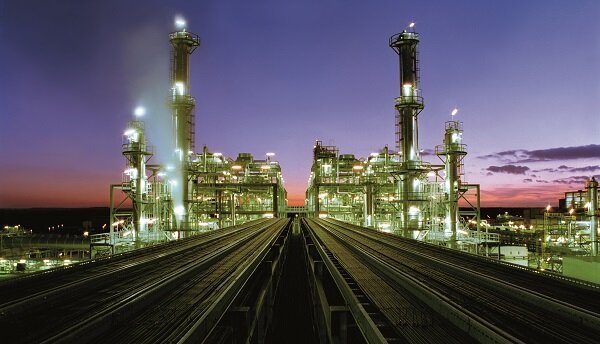Polish chemicals giant Synthos has finalised the $460 million purchase of a German rubber plant from Trinseo, in what is the largest foreign investment by a private company in Poland’s history.
The move will make Oświęcim-based Synthos the second-largest producer in the global synthetic rubber market, says the firm’s owner, Michał Sołowow, who is also Poland’s richest man.
His company’s production capacity of synthetic rubber is expected to increase to over 800,000 tonnes per year after the takeover of the plant in Schkopau.
Polish state oil giant Orlen has announced a €641 million plan to modernise and expand its refinery in Lithuania.
Poland's government say it will be "the largest investment in the history of Lithuania" and will bolster the region's energy security https://t.co/3BANpGLVik
— Notes from Poland 🇵🇱 (@notesfrompoland) October 12, 2021
The company has presented the investment as part of its broader strategy to move away from fossil fuels and reduce greenhouse gas emissions by 28% by 2028, according to Business Insider Polska. By 2030 Synthos want to produce all of its products sustainably as well as to achieve net-zero emissions by 2050.
“By making the acquisition…we believe that we will [be] even better prepared to take advantage of global megatrends, including the green mobility revolution, circularity and the control of CO2 emissions,” said Synthos CEO Zbigniew Warmuz said, quoted by Rubber News.
The purchase will also enable Synthos to access new higher-margin markets and expand its footprint in Asia, according to the company’s representatives.
The company expects synergies of over $20 million as a result of the transaction. This is to be made possible by more effective production capacity and the introduction of new types of rubber into the company’s offering. It expects an annual earnings boost of between $57 million and $68 million.
Trinseo’s plant employs 440 people – who are expected to join Synthos – and also includes research and development facilities.
Synthos produces various rubber products (SSBR, ESBR, nitrile butadiene rubber, high-styrene rubber and butadiene rubber) as well as polystyrene, adhesives, vinyl acetate-based dispersions, acrylic copolymers and styrene-acrylic polymers, reports Rubber News.
Poland's economy is emerging strongly from the pandemic compared to western Europe.
This is thanks to when and how restrictions were introduced but also some good luck, write economists @wpaczos & @pwlbukowski, who compare Poland's performance to the UK's https://t.co/zMIhAPqHd4
— Notes from Poland 🇵🇱 (@notesfrompoland) April 28, 2021
Earlier this year, Synthos bought a rubber plant in Kralupy in the Czech Republic. By 2025 it aims to spend a total of $1.2 billion on acquisitions and investments.
As part of his planned transition away from fossil fuels, in September Sołowow signed a deal with another of Poland’s richest men, Zygmunt Solorz, to build what they intended to be Poland’s first nuclear power plant
Main image credit: Trinseo/Youtube (screenshot)

Maria Wilczek is deputy editor of Notes from Poland. She is a regular writer for The Times, The Economist and Al Jazeera English, and has also featured in Foreign Policy, Politico Europe, The Spectator and Gazeta Wyborcza.




















